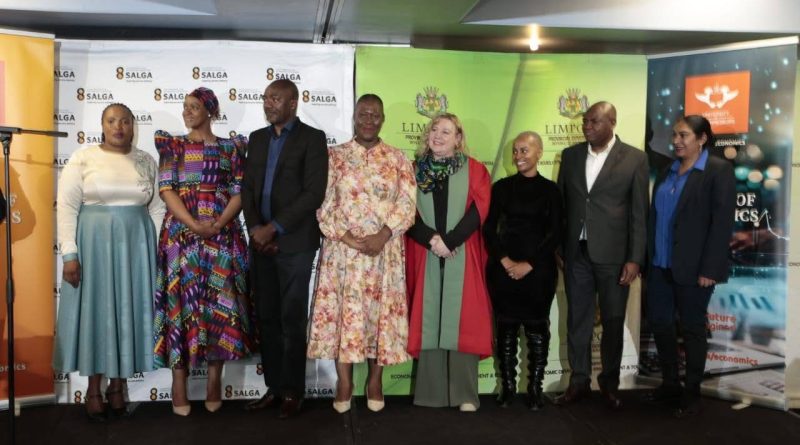Limpopo councillors graduate with Higher Certificate in LED
LIMPOPO
The University of Johannesburg’s (UJ) School of Tourism and Hospitality recently hosted a graduation ceremony for the Class of 2024, where councillors from Limpopo Province received their Higher Certificate in Local Economic Development (LED).
The ceremony was attended by the Chief Director for Enterprise Development and Economic Empowerment, Maria Masemola, on behalf of the MEC for Limpopo Economic Development, Environment and Tourism (LEDET), Tshitereke Matibe.
In her address, Masemola congratulated the graduates on their achievement, stating that the day was more than a celebration of academic success, but a tribute to their dedication to serving and promoting tourism, uplifting, and transforming communities at the local level.
“Your commitment to creating enabling environments where informal traders, cooperatives, emerging entrepreneurs, and youth can thrive is truly commendable,” she said.
The LED programme, which started in 2017, is a collaborative effort between the University of Johannesburg and the South African Local Government Association (SALGA).
The programme targets LED practitioners, including councillors and officials, with the aim of equipping them with the necessary skills and knowledge to drive economic development at the local level.
The graduating councillors are among the 63 students who completed the programme, which covers a range of topics, including LED strategies, entrepreneurship development, and tourism management.
The programme is designed to empower local government officials and councillors to develop and implement effective LED strategies that promote economic growth, job creation, and poverty reduction.
Masemola emphasized the importance of LED in promoting economic development and improving the lives of citizens.
“Local economic development is a critical component of our province’s economic growth strategy. It is through LED that we can create opportunities for entrepreneurship, job creation, and poverty reduction, particularly in areas where development is needed most,” she said.




